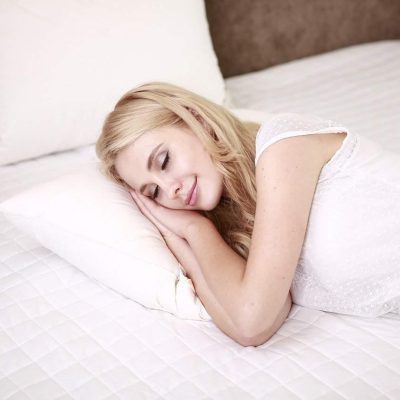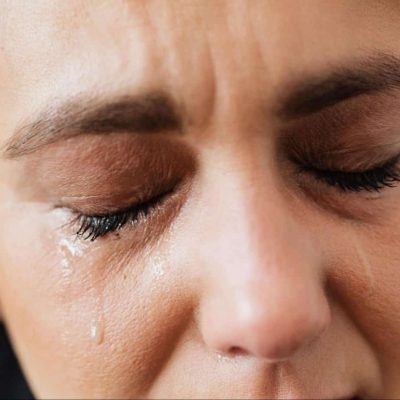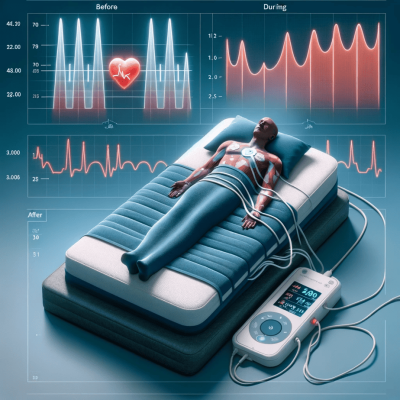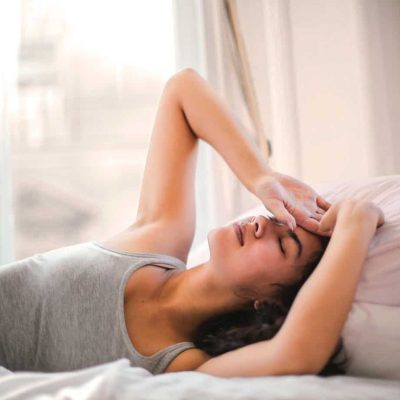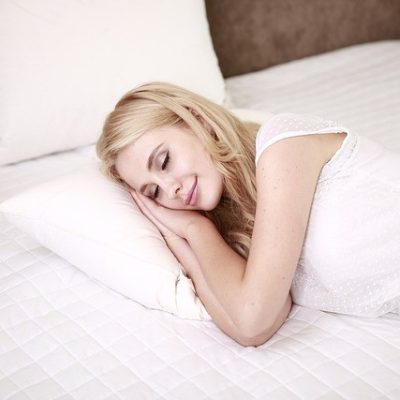Sleep apnea is a sleeping disorder characterised by abnormal breathing during sleep. There?s a stop in the breathing of the person suffering from this, which resumes quickly after that. It may cause loud snores or waking up from sleep gasping for air. It can lead to restlessness and poor sleep quality, which in turn can affect daily functions.
If you have sleep apnea, you could be easily irritated due to lack of sleep. It can also be hard to focus on your tasks, and you may not have the energy to keep going. It can also affect those sleeping next to you as the loud snores can wake them up. If not treated properly, it can lead to other more severe health problems like depression and heart disease.
Table of Contents
ToggleTypes of sleep apnea
- Central sleep apnea. This is a problem with the brain signal that causes sleep apnea. The brain doesn?t give the proper signal to the muscle in charge of breathing, thus making breathing shallower and slower.
- Obstructive sleep apnea. It happens when something is blocking at the back of the throat.
- Mixed or complex sleep apnea. It?s a combination of central and obstructive sleep apnea.
Causes of sleep apnea
This disorder has various causes, including neurological problems, fat stores and thickened tissues surrounding the airway, nasal congestion, and lax tissues in the throat and mouth. These causes, in turn, may be the result of various factors such as swollen or large tonsils, kidney or heart failure, thyroid problems, obesity, allergies, colds, and genetics.
Treatments for sleep apnea
If you suspect that you have sleep apnea, consult a doctor immediately. You may visit a clinic in person, or you also have the option to get a consultation online. Web consultation is not just for those suffering from sleep apnea, but other conditions too, like fungal nail infection. The doctor will make a proper diagnosis and give appropriate treatments like taking fungal nail tablets.
There are also medications that the specialist may prescribe for sleep apnea, like triazolam, zolpidem, and acetazolamide. You may also be asked to make some lifestyle changes, including:
- weight management
- stopping smoking
- controlling alcohol consumption
- having a healthy diet
- adopting healthy sleeping patterns
Besides these, there are other treatments available, such as:
Mandibular repositioning device or MRD
If suffering from moderate or mild sleep apnea, an MRD will be a simple solution for you. It?s an oral device that looks similar to a mouthguard. It keeps the jaw in the proper position and gives more space for the air to flow, especially the area behind the tongue. Since the airway remains open, it can prevent snoring, as well as apnea. The downside is that you may experience pain in the tooth or jaw.
Surgery
Surgery will remove obstructions in the airways, allowing you to breathe properly even when asleep. It could be a minor or major surgery, depending on your condition. Minor surgery can be done at the doctor?s clinic, while a major one must be completed at the hospital.
Continuous positive airway pressure or CPAP therapy
It?s the most popular treatment for sleep apnea. The mask provides air pressure that makes breathing easier. It can be uncomfortable at first, but once you get used to it, you will appreciate the relief that it brings.
Consult your doctor as soon as possible if you see any signs of sleep apnea. It?s to prevent more severe health risks and also to detect underlying conditions and treat them.


